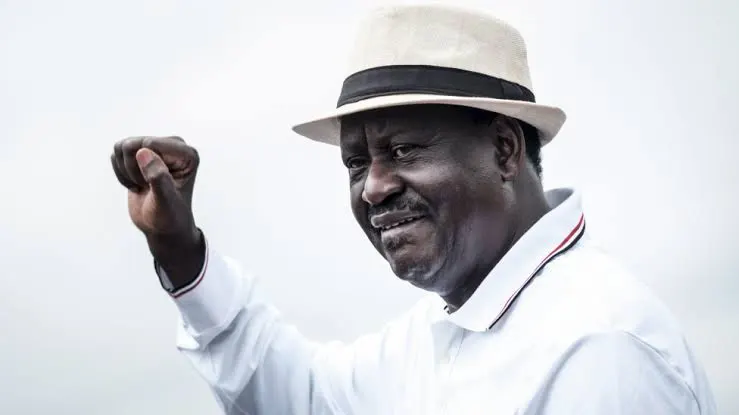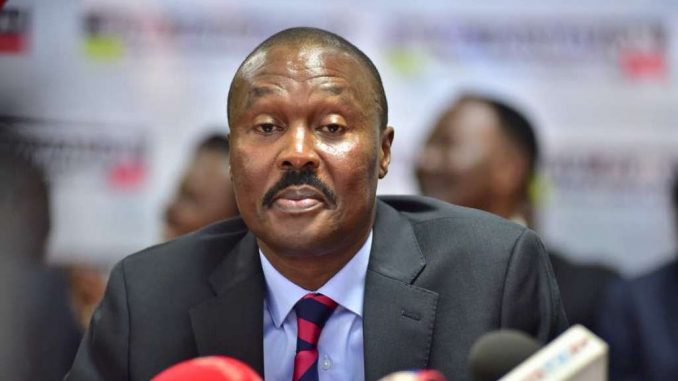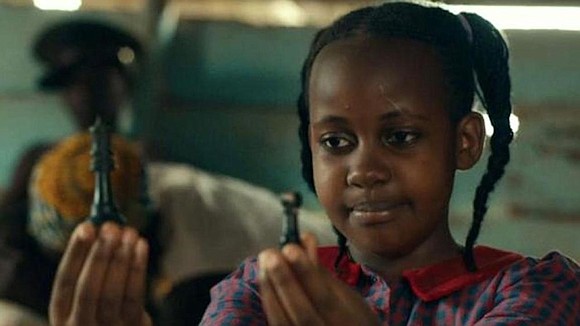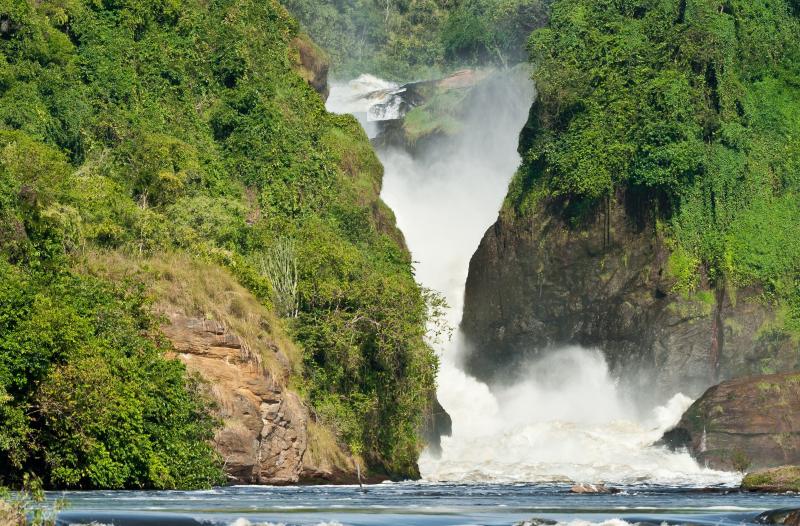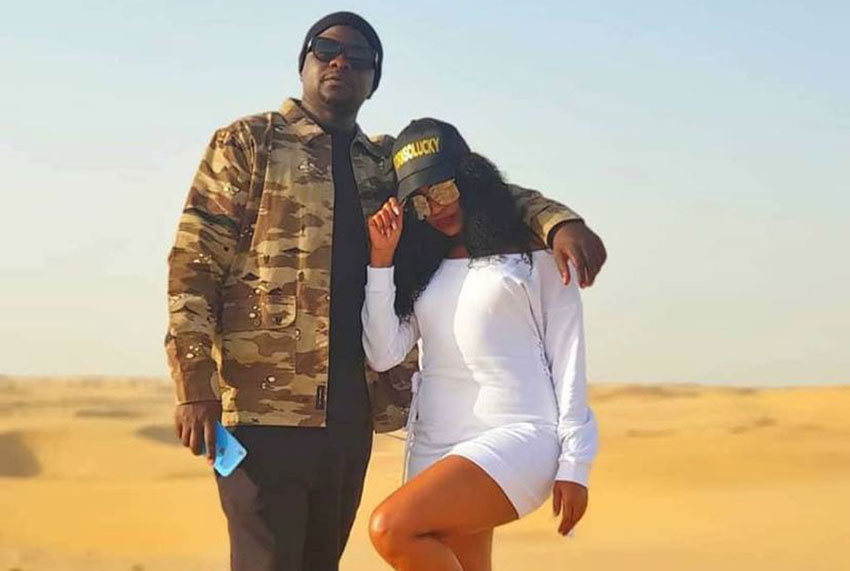Kenya and much of East Africa remember Raila Amolo Odinga not only as a marathon politician, but as a symbol, of persistence, of democratic aspiration, and of the costs of standing for change. Born on January 7, 1945, into a family that was already deeply political, his father, Jaramogi Oginga Odinga, was Kenya’s first Vice President. Raila’s life would become intertwined with the big battles over freedom, justice, and leadership in postcolonial Kenya.
Early Years & Political Awakening
Raila was educated in Kenya, then in East Germany, where he earned a Master’s degree in Mechanical Engineering, and upon returning he served in technical and business roles, including at Kenya Bureau of Standards.
His political activism began in earnest in the 1970s and 1980s, particularly under the one-party rule of President Daniel arap Moi. He was detained without trial for a number of years, even went into exile, for daring to promote pluralism and political reforms.
Highs, Lows & Key Turning Points
Over decades, Raila Odinga contested five presidential elections (1997, 2007, 2013, 2017, 2022). Though he never achieved the presidency, several of those elections were pivotal:
- 2007: His contestation of the results led to post-election violence. The fallout forced a power-sharing agreement, making him Prime Minister in 2008 under the National Accord and Reconciliation Act.
- 2010: He played an influential role in pushing for the new Kenyan Constitution, passed via referendum, which introduced devolution, strengthened rights, and sought to limit executive overreach.
- 2018 “Handshake”: In a surprising political reconciliation, Raila Odinga and President Uhuru Kenyatta made peace through a symbolic “Handshake,” which cooled political tensions, although reforms like the Building Bridges Initiative (BBI) that followed had mixed success.
Legacy & Influence
Even without the presidency, Raila’s legacy is wide and deep.
Some of the enduring impacts:
- Champion of Multiparty Democracy
He was central to Kenya’s reintroduction of multiparty politics in the early ’90s. His activism and courage in facing repression inspired many. - Voice for Justice & Electoral Reform
His challenges to contested elections, particularly in 2007, 2017, and 2022 pushed Kenya’s judiciary, civil society, and political system to become more scrutinised and accountable. - Constitutional & Institutional Reforms
The 2010 Constitution, the push for devolution, strengthening of civil rights and decentralisation, these all bear Raila’s fingerprints. - Regional & Pan-African Engagement
His influence wasn’t limited to Kenya. He took roles in African continental affairs, such as serving in infrastructure development roles, seeking the chairmanship of the African Union Commission, and being involved in wider issues of democracy and human rights. - Symbol of Resilience
Detention, exile, repeated electoral defeats, shifting alliances, yet Raila kept going. For many Kenyans, he represented hope that change might come, and that leadership could be accountable and rooted in principles of justice.
The End of an Era & What Remains
On October 15, 2025, at age 80, Raila Odinga passed away. His death marks not only the loss of a political veteran, but leaves behind questions about succession, who carries forward his mantle? What becomes of ODM and the populist, reformist voices he nurtured?
Even in death, his legacy offers lessons: that democracy is often imperfect, yet worth fighting for; that power can be contested, reform is possible; and that symbolic leadership through persistence, moral clarity, and adaptability matters.


